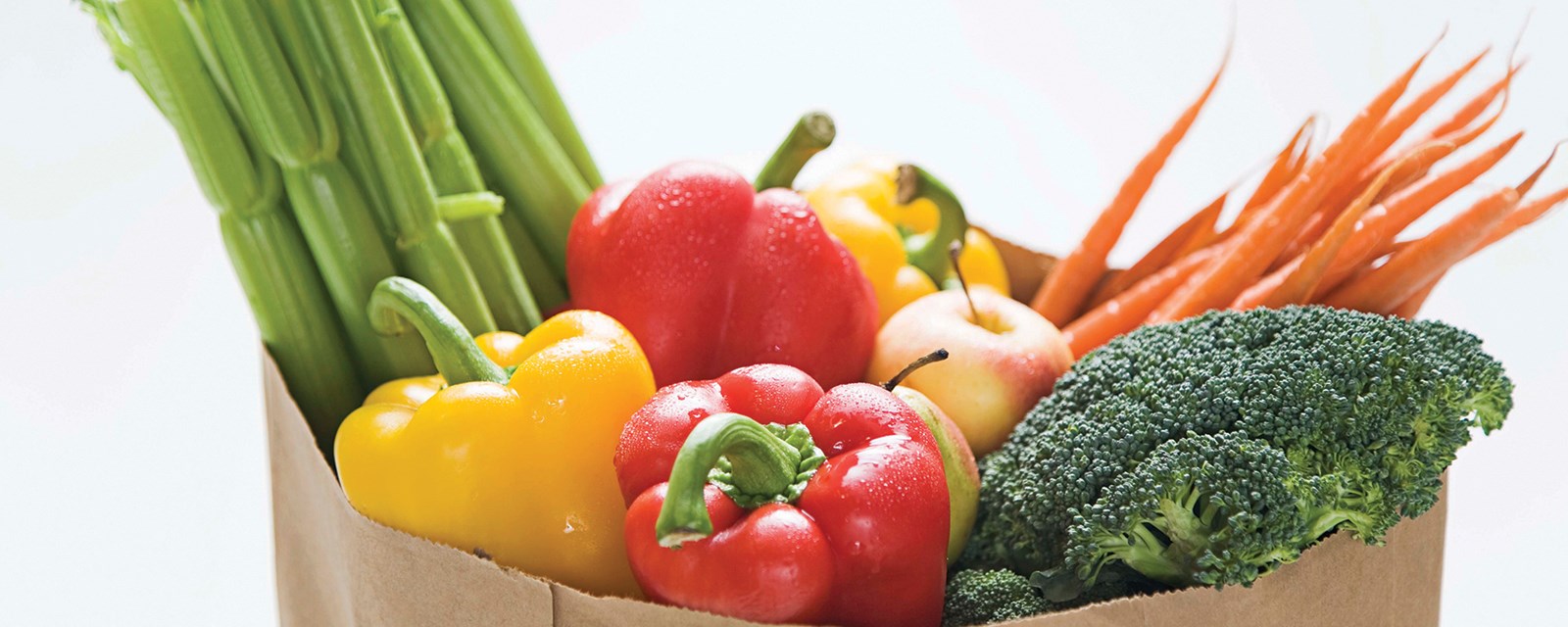
Food and mood - eating to support mental health by Toral Shah
RSM member Toral Shah is a nutritional scientist, integrative medicine practitioner and founder of The Urban Kitchen. For mental health awareness week 2024, she’s sharing with us her knowledge on food and mood, and how to eat well to support good brain health.

Toral Shah
Mental health is complex. Whilst depression and anxiety can’t be cured by diet alone, research shows that nutrition can support brain health in a number of different ways. Here are some of the ways in which nutrition impacts on how we feel mentally, and specific foods clinicians should advise patients to include in their diet.
The gut brain axis
The gut and brain are linked in several ways; from the vagus nerve, which physically connects the base of the brainstem to the gut, to the microbiome, which connects via metabolites such as short-chain fatty acids (SCFAs), as well as the immune system and neurotransmitters.
Gut bacteria play a key role in supporting our brain, influencing nutrient absorption, inflammation, and serotonin production.
Serotonin, sometimes known as ‘the happy chemical’, is a neurotransmitter that plays a key role in stabilising mood and regulating sleep. We know that low levels of serotonin can lead to anxiety, depression and sleep issues, so supporting healthy gut bacteria to maintain serotonin levels can help with our mental health.
Enjoy a Mediterranean diet
The Mediterranean diet is rich in vitamins and minerals, especially B vitamins, zinc and folate, and these nutrients have been shown to be important in managing depression [SMILES trial - Jacka et al 2017]. This type of diet can also encourage the growth of a healthy microbiome.
This way of eating includes fibre-rich foods like whole grains, beans and lentils, a variety of different coloured vegetables and fruit, nuts and seeds, and mono-unsaturated fats such as extra virgin olive oil, nuts and seeds. The diet promotes eating probiotic-rich foods such as yogurt, kefir, miso, sauerkraut, and pickles, supporting growth of beneficial gut bacteria. It also limits highly processed foods with additives and preservatives which can negatively impact gut bacteria.
Take in more tryptophan
Tryptophan is an essential amino acid, one of the building blocks of protein, and an important nutrient in supporting brain health as it’s used to make serotonin. Our bodies can’t make tryptophan but we can eat tryptophan rich foods to help increase our serotonin levels.
Foods rich in tryptophan include meat, and especially turkey and other poultry, fish, eggs, dairy, and soy.
The role of omega-3 fatty acids
Some small studies suggest that eating omega-3 fatty acids - in particular, eicosapentaenoic acid (EPA) and docosahexaenoic acid (DHA) - can support brain health and decrease the risk of depression and anxiety.
These omega-3 fatty acids are commonly found in oily fish such as salmon, mackerel and trout; walnuts and walnut oil; and flax and chia seeds.
Sources of selenium
The mineral selenium is thought to improve mood, manage depression, and reduce anxiety.
To increase intake of selenium, load up on the richest sources of the mineral which include wholegrains, brazil nuts, organ meats and some seafood.
Don’t forget vitamin D
Vitamin D can improve symptoms of depression and whilst we normally obtain much of our vitamin D from the sunshine, we can get it from foods too. There are certain groups that can benefit from taking a supplement – for example, anyone who has just had a baby.
Foods rich in vitamin D include oily fish, fortified dairy products, liver and offal, and eggs.
Find out more of Toral’s advice at The Urban Kitchen
